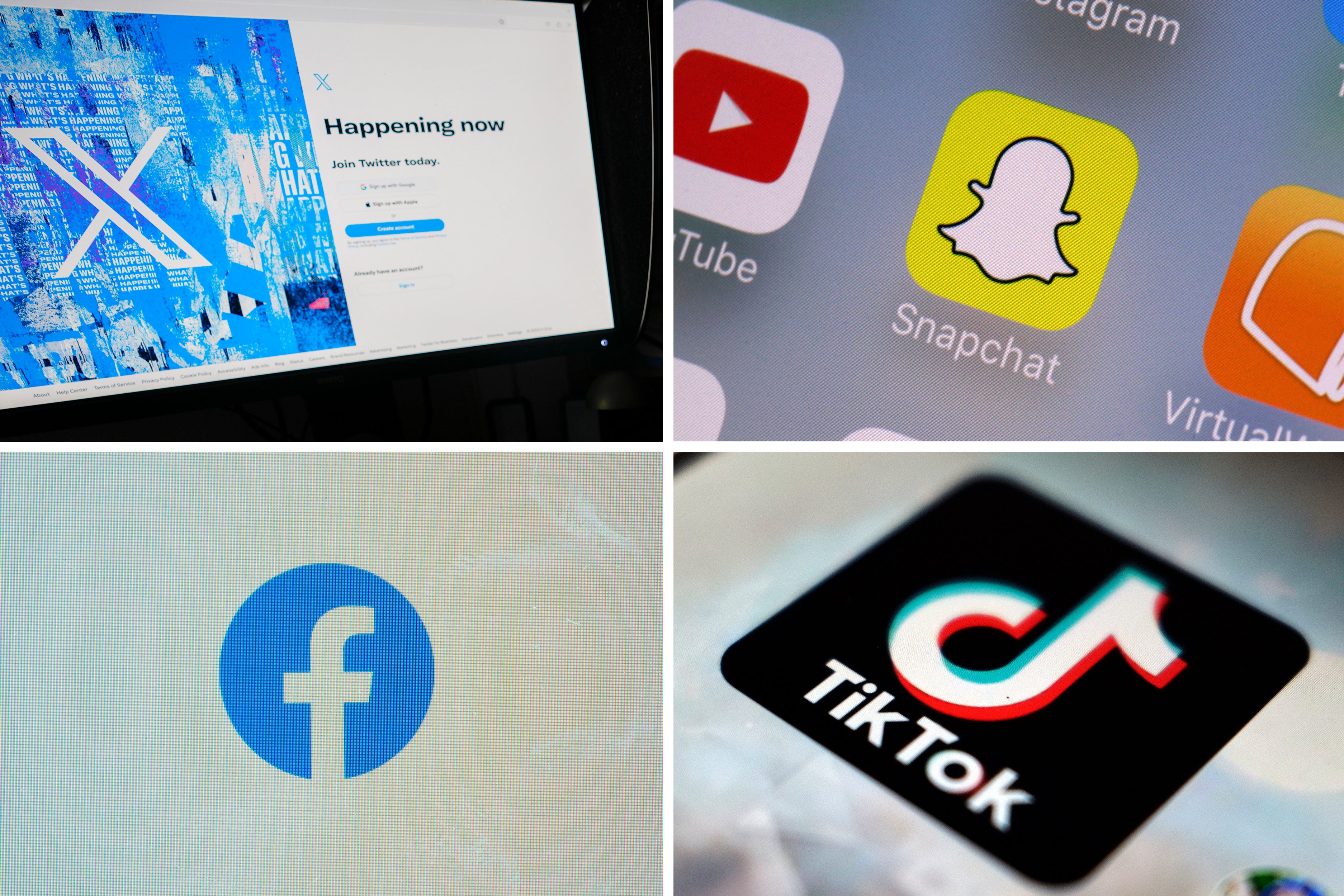Spain proposes law to improve online safety for children, including virtual restraining orders
Spain’s government has proposed a law to protect children from online threats that includes virtual restraining orders for felons and a higher age for opening social media accounts

Your support helps us to tell the story
From reproductive rights to climate change to Big Tech, The Independent is on the ground when the story is developing. Whether it's investigating the financials of Elon Musk's pro-Trump PAC or producing our latest documentary, 'The A Word', which shines a light on the American women fighting for reproductive rights, we know how important it is to parse out the facts from the messaging.
At such a critical moment in US history, we need reporters on the ground. Your donation allows us to keep sending journalists to speak to both sides of the story.
The Independent is trusted by Americans across the entire political spectrum. And unlike many other quality news outlets, we choose not to lock Americans out of our reporting and analysis with paywalls. We believe quality journalism should be available to everyone, paid for by those who can afford it.
Your support makes all the difference.Spain’s government has proposed a law to protect children from online threats that includes virtual restraining orders for felons, a higher age for opening social media accounts and health screenings for teenagers to detect related emotional disorders.
“The health, well-being and security of our children, as well as the tranquility of our families, are at stake,” Justice Minister Félix Bolaños said Tuesday as he presented the proposal at a post-Cabinet press conference. Spain’s left-wing minority government will need the support of other parties to make it law.
Public concern has grown after a string of cases of sexual violence and abuse linked to the internet. Prime Minister Pedro Sánchez has said Spain is facing an “authentic pandemic” of pornography targeted at minors. About 25% of children 12 and under and 50% of those 15 and under have been exposed to online pornography.
Spain’s government has banned the use of cellphones in elementary schools and required high schools to justify their use for educational purposes. The government says the average age for children to receive their first cellphone is 11.
The bill would modify the criminal code to create specific crimes for sharing pornographic material with minors and the creation of “deepfake” images using artificial intelligence, especially if they target victims with sexually abusive material. It also targets so-called “grooming” by sexual predators to try to win the trust of minors.
Convicted criminals who use the internet to perpetrate felonies would face virtual restraining orders prohibiting them from contacting victims online and a ban from certain online activities.
The minimum age for opening a social media account in Spain will increase from 14 to 16. Technological companies will be required to install age verification and parental controls on social media and video-sharing applications.
Teachers would be trained on how to instruct students on internet safety and launch public awareness campaigns on the dangers of digital addiction, abuse and privacy concerns.